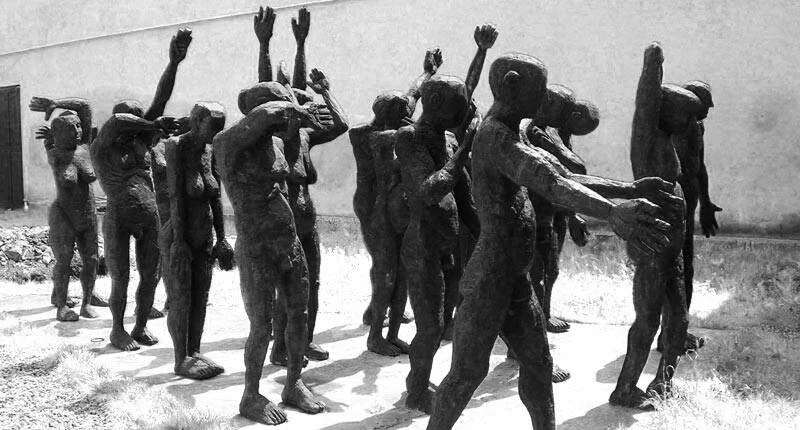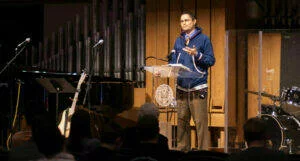But you, O Lord, reign forever; your throne endures to all generations. Why do you forget us forever, why do you forsake us for so many days? Restore us to yourself, O Lord, that we may be restored! Renew our days as of old—unless you have utterly rejected us, and you remain exceedingly angry with us. (Lam. 5:19-22)
Within the framework of fallen human nature, it is impossible to make significant progress towards Jubilee, understood as the actualization of God’s will and ideals as understood from the previous explorative piece on the principles of Jubilee and Lamentation. The supernatural grace of God is needed, and it is always available to submissive hearts. Without grace, we have no chance at living authentically, that is, in line with God’s will experiencing life the way that God intended.
The Black community in the United States cannot contribute to Jubilee experience until it practices lamentation and moves beyond it. The Black community in the United States cannot contribute to Jubilee experience until it practices lamentation and moves beyond it.It is appropriate to lament slavery in a radically inconsistent “Christian” nation. It is appropriate to lament the ongoing effects of slavery such as Jim Crow laws and the perpetuation of racism in multiple personal and structural ways. There is certainly a logically consistent human perspective that calls for both hostile remembrance and for reparations in more than just monetary ways. If the book of Lamentations, as a part of the inspired Word of God, is consulted as a guide in the Black church for lamenting, some jolting reflections may be produced. The problem in the book is not so much in the modeling of sorrow for traumatic events and humiliation; nor would there be a problem with a persistent hope in the mercy of God. The problem in the book of Lamentations is the confrontation with sin that leads to traumatic expressions of judgment.
But this reflection on sin cannot be applicable to the historic and contemporary Black church because God in his justice would not allow the enslavement or humiliation of innocent people for the purported purpose of some sort of preparation for authoritative roles in the future of God’s plan. Being entrusted with power requires such wisdom and enabling, without which the perpetuation of injustice would continue regardless of who governs.God in his justice would not put the judgment of crimes committed by others on another innocent party, or parties. Would he? Perhaps we can replace the whole sin theme with God’s desire that certain lessons be learned even in the midst of unspeakable suffering in order to be prepared for the time when he may allow the sufferers to possess and administer authoritative power as a stewardship over others, yet before him.
My years as a TEDS professor have been rewarding, but also hard for a number of reasons. I have often thought that as a black man, I should be thought of as a person committed to living a true life before God because I have never punched anyone. I have never raised my voice to a student, a colleague, or to an administrator even though I have been a member of the community since the summer of 1979. But in recent days, I am beginning to realize that my hardness of heart, used as a defense mechanism from pain, may have kept me from learning and experiencing some things that God in his perfect will intended for me to learn and experience. This in turn would rob me of God’s empowerment and peace in the midst of challenging times.
Perhaps to experience living in authoritative roles before God, the Black church will have to lament past and present injustices, under the auspices of God’s enabling power, and learn of God’s inscrutable wisdom in the midst of pervasive injustices. Being entrusted with power requires such wisdom and enabling, without which the perpetuation of injustice would continue regardless of who governs.








Comments
Be the first one to make a comment!